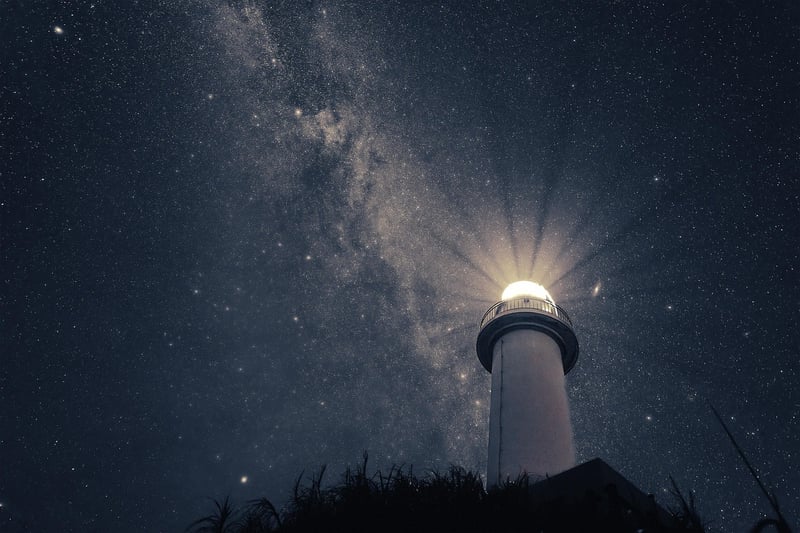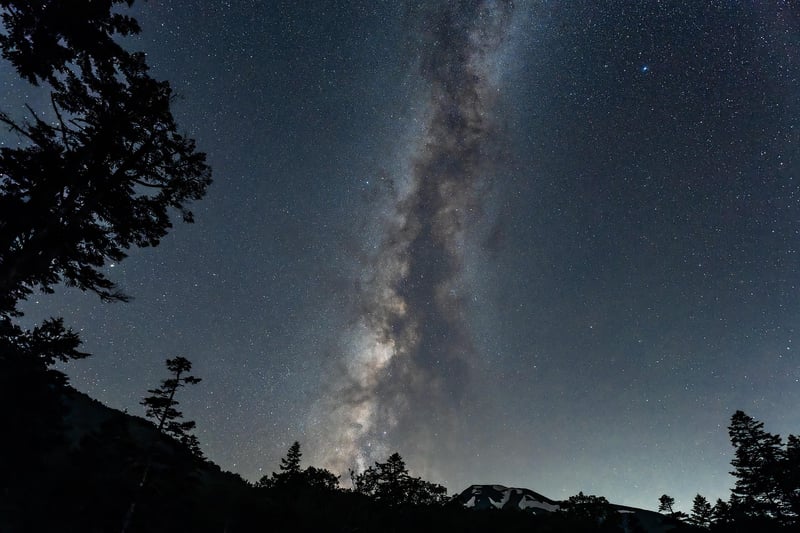Future Exploration
The Evolution of Exploration Through Different Eras and Future Prospects
The Age of Discovery (15th - 17th century)
The Age of Discovery was a period of extensive exploration triggered by technological advancements and the desire for new trade routes. Explorers like Christopher Columbus and Vasco da Gama ventured into uncharted territories, expanding world maps and connecting distant civilizations.

The Golden Age of Exploration (18th - 19th century)
During the Golden Age of Exploration, expeditions focused on scientific discovery, mapping, and colonization. Figures such as James Cook and Alexander von Humboldt made significant contributions to our understanding of the world's geography, flora, and fauna.

Space Exploration (20th century - present)
The 20th century marked the dawn of space exploration. Pioneered by agencies like NASA and SpaceX, humans landed on the moon, sent probes to distant planets, and established space stations. This era revolutionized our understanding of the cosmos.

Future Prospects: Beyond Earth
The future of exploration holds exciting possibilities beyond Earth. With plans for Mars colonization, asteroid mining, and interstellar travel, humanity is on the brink of a new era of discovery. Advancements in technology and international collaborations will shape the future of exploration.

Exploration has been a driving force in expanding our knowledge and pushing the boundaries of human capabilities. From the Age of Discovery to modern space exploration, each era has contributed to our understanding of the world and the universe.
As we look towards the future, the spirit of exploration continues to inspire new generations to reach for the stars and uncover the mysteries of the cosmos.
Join us on this journey of discovery as we navigate through different eras and embrace the endless possibilities that future exploration holds.
